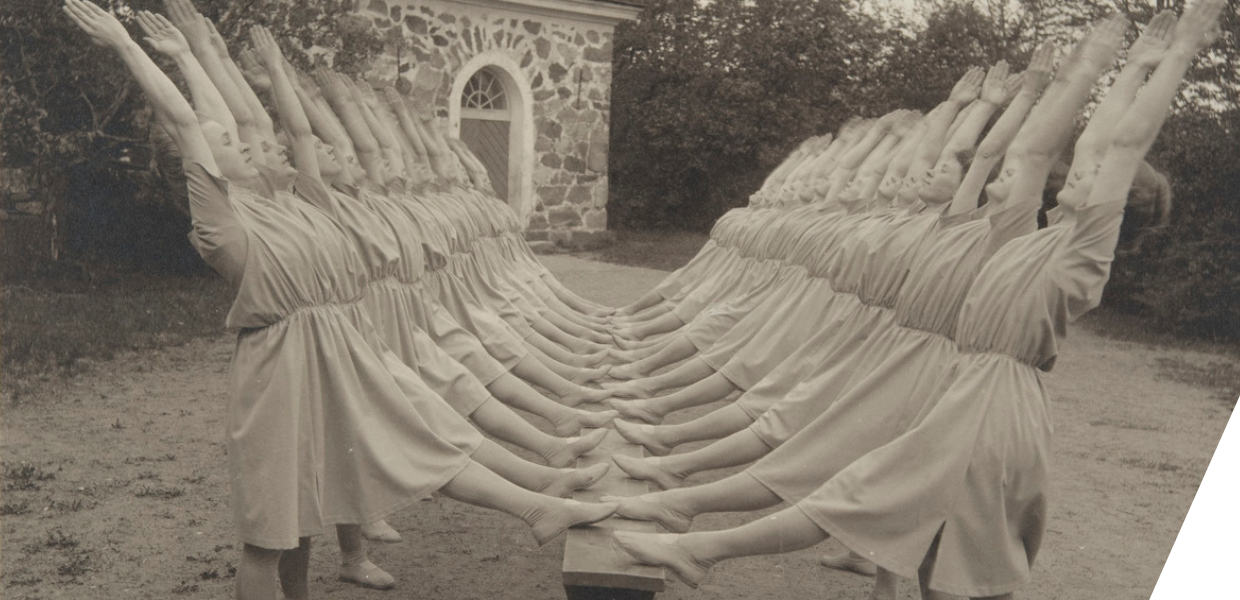The Digital Transformation Task Force built on the work that Europeana has undertaken to build digital capacity across the cultural heritage sector, which has included identifying capacity building needed to support the sector in its digital transformation. The goal of the Task Force was to collectively understand current challenges of the cultural heritage sector and to work together on mapping out a clear, practical plan of action.
This Task Force was the first to be run across the Europeana Initiative, involving representatives from the Europeana Network Association, Europeana Aggregators’ Forum, Europeana Foundation and two independent members.
Why was a Europeana Initiative-wide Task Force initiated?
There is no one-size-fits-all solution for the digital transformation of the cultural heritage sector - it will take a different form for every individual and every organisation. However, by taking a united and collaborative approach we can gain a shared understanding of how to harness the potential that digital transformation offers our sector.
This collaborative approach was something that we hoped to work towards through running an initiative-wide Task Force. Only by working together - and in this case, by including independent members - can we determine collaborative actions that will have a bigger impact than within our respective organisational bodies.
What were the results from the Task Force?
The Task Force has resulted in three pieces of work: the ‘Guide to Digital Transformation in Cultural Heritage’ which summarises the learnings we had during the course of the Task Force; the 'Digital Transformation Report’ that details the actions this Task Force undertook; and an internal draft action plan that is currently being discussed in the Europeana Initiative.
The Guide is a deliberately bold and ambitious piece of work, offering recommendations that frame an approach to digital transformation for the whole cultural heritage sector. The approach it recommends is values-led, guided by a commitment to be purposeful, inclusive and ethical so that we can address wider societal issues such as social justice, equity and the climate crisis.
The Report sets out the thinking behind the Guide and the research and work carried out by the Task Force that led to its creation. It also includes recommendations for actions to ensure that the Guide has the reach and impact needed to successfully support the digital transformation of the cultural heritage sector.
The plan describes how to start working on the recommendations in the guide. It supports the Europeana Initiative's mission to ‘empower the cultural heritage sector in its digital transformation’ and its view that digital transformation is ‘made possible through capacity-building efforts that lead to actions, outcomes (changes in behaviour and attitudes) and impact’. It will be used internally to create an Initiative-wide agenda for digital transformation.
What was our experience of running a Europeana Initiative-wide Task Force?
One important learning was that clarifying the roles and responsibilities of the Task Force representatives was key. We discussed questions like: what decisions can they make? What are the processes to go back to their stakeholders? How much time can each of the participants spend on the Task Force? Knowing and discussing the answers to these questions was essential for the success of the Task Force.
A further learning of the Task Force was around the importance of a shared vocabulary (something which Europeana has been working towards with our Glossary of Terms). One its first activities was to agree on definitions of the topics we were tasked to work on. Ensuring that we agreed on their interpretation was a key step to collaboration.
We also found that for a Europeana Initiative wide Task Force, having an independent party with relevant expertise involved was very helpful. This Task Force relied on the support of independent charity Culture24, who were contracted to guide the Task Force. Having a neutral party supporting the Task Force meant that Europeana Foundation staff could contribute unambiguously, and roles were separated better. Culture24 had also been involved in earlier relevant activities so could bring in their expertise and experience.
The clear benefit of an Initiative-wide Task Force was that it allowed us to share experiences and gain insight into opportunities and challenges across the Initiative and cultural heritage sector. This will hopefully result in actions that have wide support and are achievable for all stakeholders. We strongly support the initiation of future Initiative-wide Task Forces.
What are the next steps?
This Task Force concludes its work with this news post and by publishing the outcomes. The next step for Task Force members is to involve the rest of the Europeana Initiative to solidify the plans the Task Force has drawn up. Thanks to all the Task Force participants for their contribution and Culture24 for their support!
We encourage you to download the Task Force Report and Guide through the link below, and to join the Europeana Network Association to hear about opportunities to join future Task Forces.


